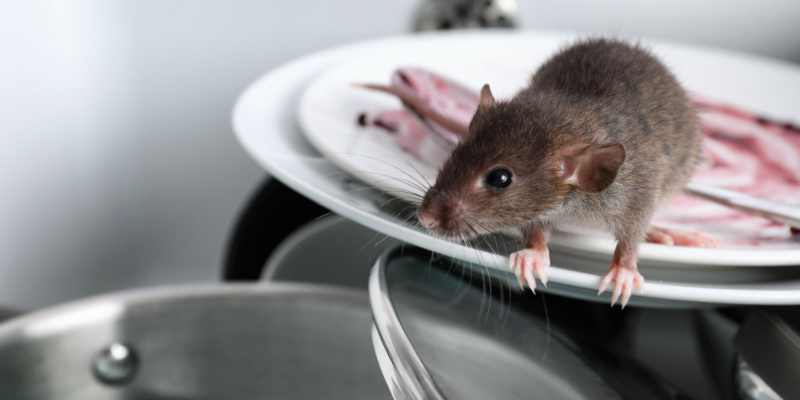Having rats in your home can be a nightmare. Not only do they bring diseases and bacteria, but their presence can also be extremely unsettling. Rats are known for their ability to adapt and thrive in various environments, including urban areas where they can easily find food and shelter. As such, it is not uncommon for people to encounter rats throughout the year. However, there are certain times of the year when rats tend to be more active, and understanding these patterns can help individuals take steps to prevent rat infestations and protect their homes and businesses.
Breeding Cycle
The breeding cycle of rats can affect their activity levels. Rats are prolific breeders and can have several litters of offspring per year. Female rats can become pregnant again just days after giving birth, and their offspring can begin reproducing at just a few months of age. As a result, rat populations can snowball, and there may be periods of increased activity as rats search for mates and establish new territories.
Weather
One of the most active times for rats is during autumn due to their preparation for the cold weather ahead. Rats become more active in September-November as they scavenge for food to stockpile and make nests.
When temperatures start to drop, rats are less likely to venture out during daylight hours. Instead, they will be found going out at night or in areas where there is plenty of shelter from predators and extreme temperatures. During this time of year, it's important to keep an eye out for rat activity around your home or business. The best way to do this is by looking for signs such as droppings or tunnels around the perimeter of a building that may indicate an infestation.
Preventing Infestations
An infestation of rats can cause serious damage to property, as well as spread diseases through their urine, droppings, and saliva. To prevent rat infestations, there are several steps you can take to discourage them from entering your home.
- One important step is to seal off any cracks or crevices that may allow rats access into your home. Rats can squeeze through incredibly small spaces, so it’s essential to inspect potential entry points and patch up any holes with steel wool or a similar material. Thin mesh screens can be used over chimneys and attic vents as well as window wells where possible access points may exist for rodents.
- Additionally, it’s important to keep food items stored away in airtight containers and never leave food out on counters or tables overnight since this will attract rats inside looking for an easy meal.
- For anyone who worries about rats invading their home, trimming outside bushes is one of the best preventative measures to take. By removing any potential hiding spots, you can significantly reduce the chance of a rat infestation. This doesn't mean you have to get rid of your plants and shrubs entirely - instead, just make sure they are trimmed and kept away from your house. Here's how to do it: Start by choosing plants that are less attractive to rodents in the first place. Evergreen shrubs like rhododendrons, yews, or boxwoods tend to be more rodent-resistant than other species. Even if you already have other types of plants around your home, keep them trimmed back at least two feet from the foundation wall, so there's nowhere for rats to hide.
- One way to deter rats from entering your property is by using natural deterrents like essential oils. Essential oils are derived from plants, and when used correctly, they have the power to keep rats away without the use of toxic chemicals or traps. Essential oils can be used in a variety of ways to keep rats away from your home and garden. For example, you can mix an essential oil with water in a spray bottle and then apply it around potential entry points for rats, such as windowsills and door frames. Essential oils like peppermint, lavender, eucalyptus, tea tree oil, rosemary, or clove oil will help repel rodents when they smell it.
In conclusion, rats can be active throughout the year, and factors such as the availability of food and water, the weather, and the breeding season can all contribute to increased rat activity. To prevent rat infestations, making your property less attractive to rats is vital. By understanding the factors influencing rat activity, you can take proactive steps to protect your home or business from these pests. If you need assistance keeping your home or business rat-free, contact Trio Pest Control, whose expertise can help bring you peace of mind during the months when rodents are active.

